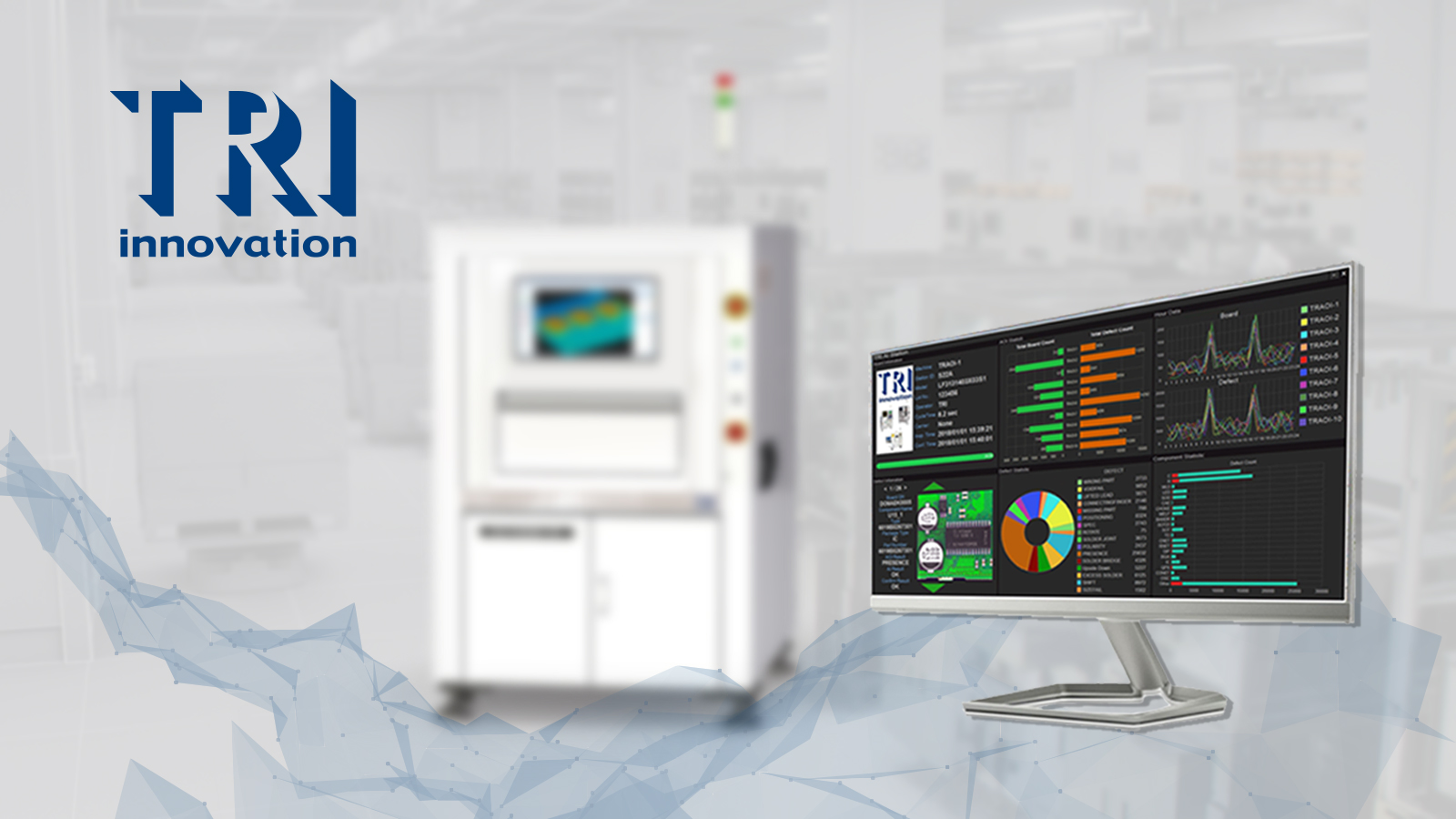It is reported that TRI (Test Research Inc.) is working with NVIDIA and leading electronics manufacturers in Taiwan to accelerate the deployment of AI-driven technology for smart factories. The collaboration will integrate cutting-edge NVIDIA Metropolis for Factoryies workflows into TRI's portfolio, leveraging advanced AI capabilities to optimize manufacturing processes through enhanced autonomy and defect detection. By combining TRI's expertise in test and inspection with NVIDIA's AI software stack and computing power, TRI aims to provide manufacturers with intelligent solutions to improve operational efficiency and bring new productivity to electronics manufacturing. Going forward, TRI plans to leverage NVIDIA NIM to further improve performance and throughput.
"We are excited to partner with NVIDIA to deliver innovative and future-proof solutions to customers in the electronics manufacturing industry," said Jim Lin, vice president of Test Research Inc. With NVIDIA Metropolis for Factoryies, TRI is poised to drive the adoption of AI in smart factories, enabling manufacturers to embrace future technologies and stay ahead of the curve.”
NVIDIA Metropolis for Factories is a suite of solutions designed for factory automation. It provides a complete end-to-work process for factory automation, from AI model training to complex data analysis and data visualization. The solution combines NVIDIA TAO's transfer learning and NVIDIA Omniverse Replicator's synthetic data generation to provide AI solutions with high-precision perception capabilities in the factory. In addition, it supports data labeling, computer vision model training, and model integration, and enables industrial technology companies and manufacturers to develop, deploy, and manage developed quality control systems. It allows TRI to develop very precise inspection applications, such as automated optical inspection. Metropolis for Factoryies is helping manufacturers increase production line output, reduce costs, and improve production quality.

Figure:TRI partner with NVIDIA to drive AI innovation (source:TRI)
TRI AI Defect Detection
Thanks to TRI's AI verification advancements, component detection rates have increased significantly, and the accuracy of AI detection of general chip defects is now over 99%. Specific improvements include more than 95% detection rates for OSC, MLD, SOD, SOT23, RNET, CNET, and more. X-ray void detection with AI increases first-pass rate (FPY) from 85% to 98%. For complex components such as Paladin connectors, AI classification reduces the false positive rate from about 25,000 ppm to about 3,000 ppm, an 88% increase. The OCR (Optical Character Recognition) algorithm has also achieved detection improvements, with the accuracy of traditional methods reaching 89%, while the detection rate of AI deep learning OCR has reached 99.58%.
TRI AI Intelligent Programming
TRI AI intelligent programming helps make predictive decisions similar to those of experts or experienced operators, reducing programming time, downtime, and operator training. Conventional programming of 718 components takes about 60 minutes; AI programming reduced this time to just 9 minutes, an 85% increase.
TRI AI Training Tool
is a smart workshop that reduces the need for manual re-inspections and lowers operating costs, powered by the Metropolis for Factoryies workflow. Often, the performance of workshop operators is low and training is not cost-effective. AI-powered workshops can consistently operate efficiently and outperform operators, while reducing false alarms and providing real-time data analysis of inspection status. The TRI AI Station checks programming that is usually limited to the operator's knowledge. The TRI AI Station solves this problem by using existing AI models to perform AI-driven inspections, optimizing processes, increasing efficiency, and reducing operational costs for experienced staff. The AI station supports multiple AOIs and intelligent scheduling, reducing AI hardware costs and improving resource management. TRI AI Training Tool is a user-friendly interface that generates AI models from existing inspection data. The tool includes a built-in AI labeling tool and supports classification, segmentation, OCR, detection tools, continuous training, heatmaps, and more. TRI will leverage NVIDIA Triton Inference Server software and NVIDIA TensorRT software development kits to further accelerate AI inference for cutting-edge AI-driven solutions for test and inspection, as well as smart factories in the electronics manufacturing industry. These AI-powered features will make it easy for manufacturers to adopt and benefit from innovative AI-driven solutions.






